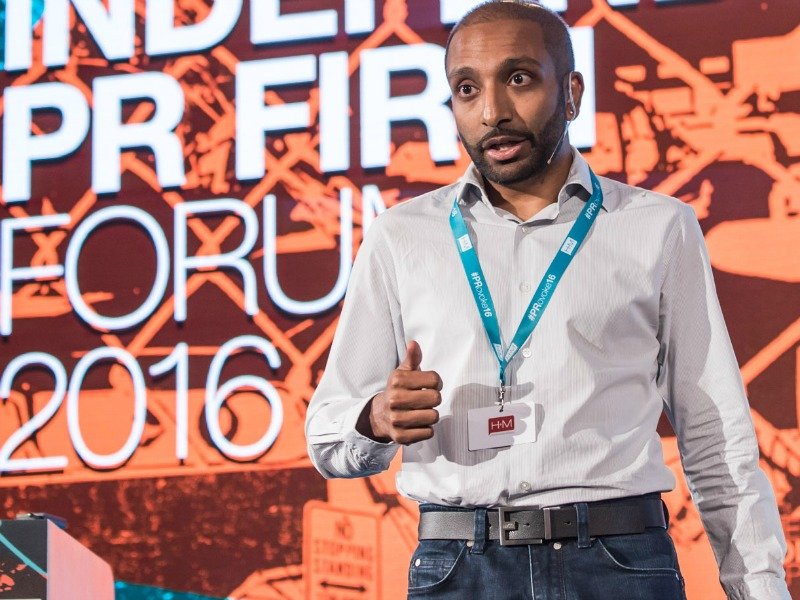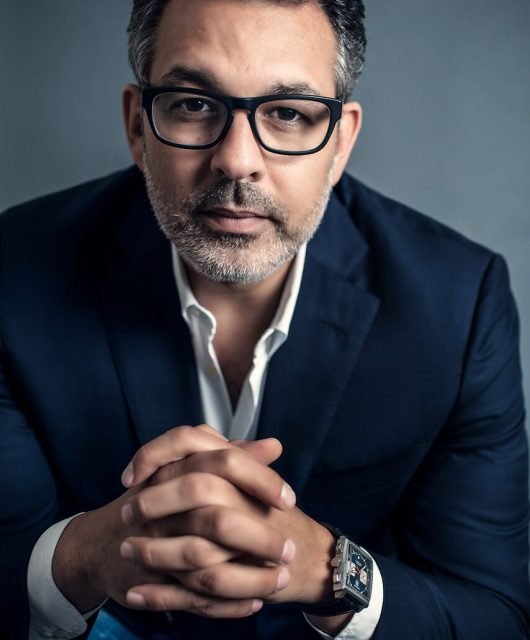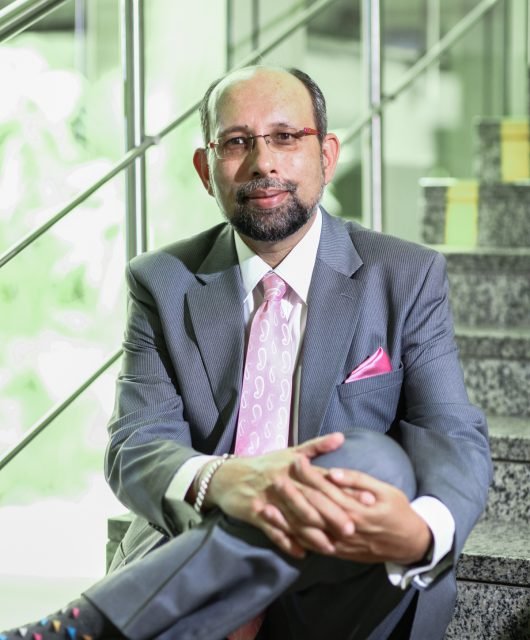Brand Communication is imperative to the sustainable success of any brand. In the current competitive landscape, brands must go beyond narrating a compelling story, they need to communicate in a way that inspires and engages. Having a solid and consistent brand communication strategy allows the brand to stand out, cut through the noise, build awareness and drive an emotional connection with the audience. The Berries interviewed Arun Sudhaman, CEO and Editor-in-chief of The Holmes Report, to get his insight on how should brands communicate in 2017.

BB: Corporate communication used to be all about exposure and buzz via various media channels; With the rise of new communication concepts, brands find themselves with no choice but to adapt to change. From your opinion, what are the important new trends that corporate communication professionals should keep on their radar to lead in 2017 ?
AS: Brands recognize now that they are judged by their actions rather than just their words. So the importance of transparency and authenticity cannot be overstated. Otherwise companies can easily find themselves exposed for not living up to public expectations of their actions. Those expectations are heightened today, as people increasingly see business as both a force for good and a driver of inequality, sometimes at the same time. So brands have to be aware that they can only be credible players in society if they marry profit-making with a commitment to the kinds of concerns that reflect the communities in which they operate. This is why purpose is such an important factor for companies, and why companies like Unilever are building their communications and corporate strategy around being a force for social good. Responding to all of this requires sophisticated analysis of data, and the creativity to develop credible storytelling that resonates across the full array of offline and online touch points.
BB: For brands, fake news on social media is an existential threat. Do you think this will effect the level of online brand engagement on social media platforms ?In times of fake news, should brands remain silent, refute news or generate content in a different direction ? Please elaborate
AS: I think brands need to be more vociferous than ever, making clear what they stand for and what the facts are. There is no doubt that fake news can be potentially destabilizing for companies but to say nothing in response would be very risky. Brands need to be clear about their values and their goals, and communicate in line with these, even if that means refuting falsehoods.
BB: The use of influencers has been one of the dominating highlights that gained momentum in 2016 with leaning on online influencers more than celebrity endorsements. How can the use of influencers for brands evolve in 2017 for a better ROI ?
AS: Here needs to be far more transparency on pricing, and a clearer idea of the business results that these influencers generate. It is impossible to determine ROI unless brands are clearer on the costs/benefits of influencer marketing. Until then, I suspect we will see a continuation of the ‘Wild West’ approach, where costs vary massively and real brand value is unclear. At the moment influencer marketing is something of a popularity contest,, but as the landscape shakes out, we will see brands become much more sensible about deriving real value from their influencer relationships. There also needs to be a far more honest conversation about transparency and, if necessary, regulation, so that consumers are aware of paid posts. Finally, I think brands need to become much smarter about working with micro-influencers, understanding their needs and requirements, and becoming more comfortable about letting go of control of their campaigns.
BB: One of the ongoing industry debates has revolved around whether doing PR in-house or hiring a professional corporate communication agency. Can you mention some differentiators that would encourage brands do PR with a firm instead of doing it in house ?
AS: A PR firm, at its best, brings an independent, unbiased view of a company’s public relations challenges. Typically, organisations struggle to find that level of self-awareness within their businesses. Hence, PR firms can be crucially important in understanding public expectations of a company, and how best to align behaviour with those concerns. Beyond that, PR firms should be able to bring specific skills (in crisis communications for example) that are not always readily available in-house. However it’s also clear that certain types of work (like social media community management or content production) can be handled in-house more easily. This should not threaten PR firms that are already built around providing high-value counsel, rather than commoditized services.
BB: Nowadays, Brands are all about designing engaging experiences. How can corporate communication professionals help brands narrate their stories and create an emotional attachment?
AS: The big challenge for corporate communicators is striking an emotional chord with their storytelling, rather than relying on the facts and figures approach that has been the bedrock of corporate messaging. Increasingly, the latter approach doesn’t work in a world dominated by visual, visceral storytelling. Corporate comms pros also need to become much better at understanding their stakeholders, through a more sophisticated use of data and analytics. That requires better insight into behavioral triggers, which can only result in better creative work.
BB: Corporate communication pros who work in the digital sphere are often faced with an all-time dilemma, Content Virality Vs Paid tools. How can they constantly find new content niches, social communities and influencers, organically ?
AS:They can’t. Any content or influencer strategy now requires paid amplification as well. Corporate communications pros need to master these skills if they hope to remain relevant.





